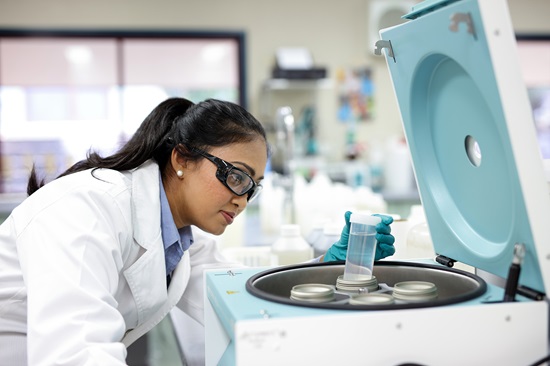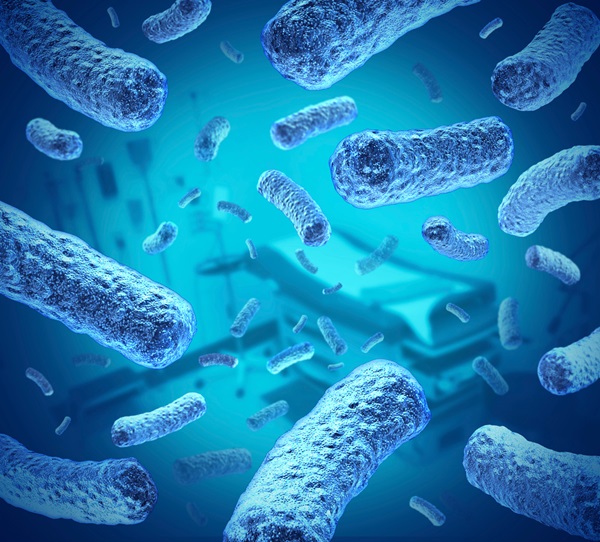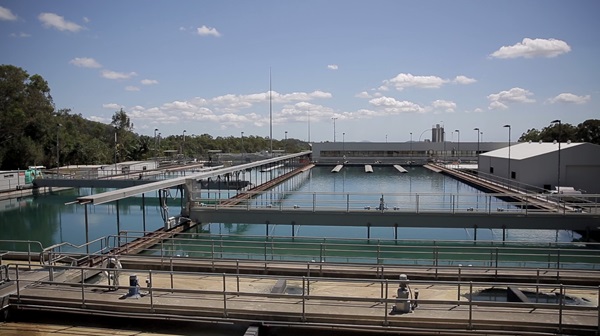Internationally recognised testing methods
Our water quality testing is conducted in accordance with nationally or internationally recognised standard methods including:
- Australia Standard/ New Zealand Standard: AS/NZS
- National Association of Testing Authorities (NATA)
- United States Environmental Protection Agency
- ISO2006 International Standard
- National Standard Method: Health Protection Agency (2005)
- American Public Health Association: APHA Standard Methods.
What we do and do not test for
Performance of chemical parameters in drinking water is assessed using the health values outlined in the Australian Drinking Water Guidelines 2011 (ADWG) and include, but are not limited to: arsenic, bromate, chlorine, copper, fluoride, iron, lead, manganese, nickel, nitrate, nitrite, sulphate, trihalomethanes.
Performance is deemed satisfactory if the 95th percentile value is less than the ADWG health guideline value.
In drinking water, lead can be present due to dissolution from:
- dissolution from natural sources (we test and report on lead concentrations in our annual water quality performance reports);
- household plumbing such as service line and customer fittings or lead solder (if you think your internal plumbing may be contributing to metals in your drinking water, you can have your water professionally tested by our NATA accredited laboratory);
- network pipework (Unitywater does not have any lead pipes in our infrastructure, however we do test and report on lead concentrations in our annual water quality reports).
Unitywater routinely monitors for E. coli in the potable water network. Under the Public Health Regulation 2005, water service providers must monitor a minimum number of samples based on the population supplied, and 98% or more of these samples must return a negative result for E. coli.
Unitywater consistently meets this requirement. Read more in the annual Drinking Water Quality Performance reports above.
Unitywater does not test for Giardia, parasites or amoebas. There are some important reasons for this.
Firstly, be assured that standard treatment processes of filtration and disinfection ensure the water supply is safe and compliant with the Australian Drinking Water Guidelines 2011 and public health regulations. Your water has been treated and disinfected by the supplier, Seqwater, and also by Unitywater. This kills bacteria and viruses and removes protozoa and parasites.
Secondly, these tests are expensive and rarely requested. As we are always trying to minimise customers’ bills, it is not financially sensible for us to conduct this testing. There are other laboratories in Queensland which can perform this testing.
Microbiological quality of drinking water is checked using the ‘indicator organism’ E. coli as a warning sign of contamination.
A drinking water scheme meets public health requirements (see the Public Health Regulation 2005) if more than 98% of samples analysed over a 12-month period are free of E. coli. A minimum number of samples must be collected each month based on the connected population living in the area.
For more information on E. coli in drinking water, please refer to Queensland Health’s E. coli information.
Per and polyfluoroalkyl substances (PFAS) are a group of human-made chemicals that have been widely used in industry and consumer products since the 1940s. They are known for their resistance to heat, water, and oil, making them valuable in a variety of applications. However, this same resistance makes PFAS extremely persistent in the environment and the human body, leading to their nickname ‘forever chemicals’.
Your drinking water is tested to ensure it meets Australian Drinking Water Guidelines and is high quality, clean and safe to consume. Seqwater, our region’s bulk water supplier, conducts source water testing for PFAS twice yearly. Please visit Seqwater's website for more information and results.
.jpg?h=391&iar=0&mw=600&w=600&sc_lang=en&hash=ACAFE051B0D30658EAE943746108BA83)



